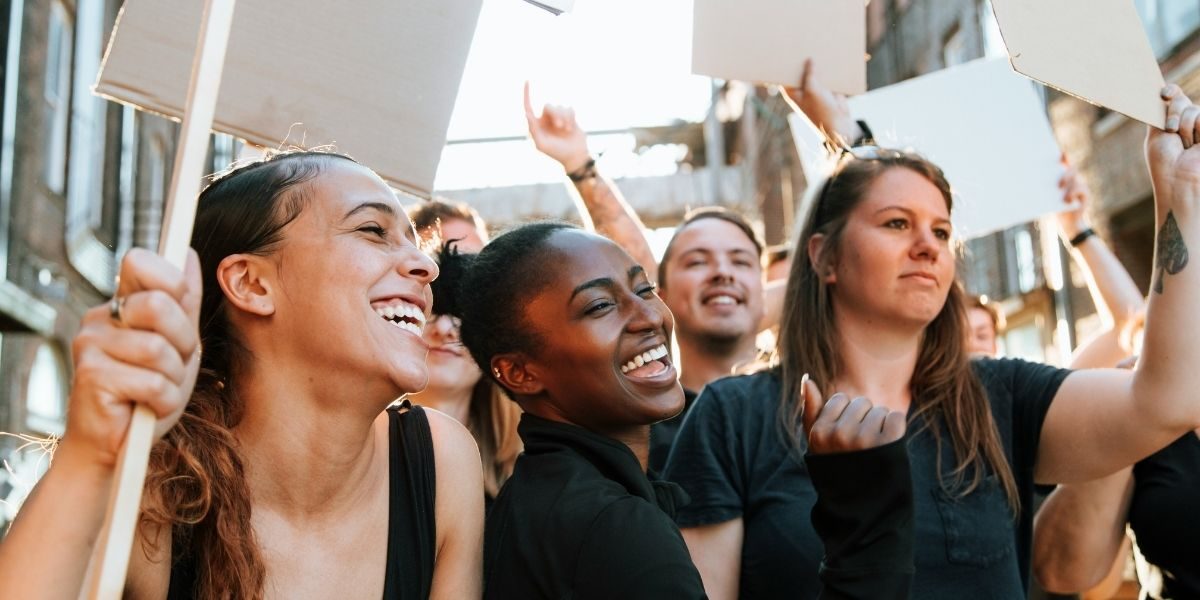Understanding Governance and Human Rights
Governance refers to the way power is exercised in managing a country’s affairs. It includes how laws are created, how policies are enforced, and how resources are distributed. According to the Office of the High Commissioner for Human Rights (OHCHR), good governance is characterized by transparency, accountability, and public participation. These qualities ensure that governments act in the best interests of their citizens.
Human rights are the basic freedoms and protections that every individual is entitled to, regardless of nationality, ethnicity, or religion. These include the right to life, freedom of expression, equality before the law, and access to justice. When governance is strong, these rights are safeguarded through effective institutions and legal frameworks.
The connection between governance and human rights is direct. Strong governance creates the conditions for rights to be respected, while weak governance often leads to violations. Corruption, lack of accountability, or authoritarian practices can undermine protections and leave vulnerable groups exposed to abuse.
The Role of Democratic Institutions
Democratic institutions are central to protecting human rights. Parliaments, courts, and independent oversight bodies provide checks and balances that prevent the abuse of power. When these institutions function effectively, they ensure that laws are applied fairly and that citizens have avenues for redress.
Governments that uphold the rule of law and provide access to justice contribute to stable societies where human dignity is prioritized. This means that individuals can rely on courts to protect their rights and on legislatures to pass laws that reflect equality and fairness.
Strong democratic institutions also encourage participation. Citizens who feel their voices are heard are more likely to trust their governments. This trust strengthens social cohesion and reduces the likelihood of conflict, creating an environment where rights can flourish.
The Importance of the Rule of Law
The rule of law means that everyone, including government officials, is subject to the law. It ensures that laws are applied consistently and that no one is above accountability. Without this principle, human rights protections are often arbitrary and unreliable.
Good governance requires legal systems that are independent and impartial. Judges must be free from political influence, and law enforcement must act fairly. When these conditions are met, individuals can seek justice when their rights are violated.
The OHCHR highlights that rule of law reforms, such as strengthening judicial independence and combating corruption, are essential for protecting rights. These reforms provide citizens with confidence that their freedoms are not dependent on political favor but are guaranteed by law.
Combating Corruption and Abuse of Power
Corruption undermines human rights by diverting resources away from essential services such as healthcare, education, and social protection. When funds are misused, vulnerable populations often suffer the most. Corruption also erodes trust in institutions, making it harder for governments to enforce rights effectively.
Strong governance includes anti-corruption measures that promote transparency and accountability. Public access to information, independent audits, and whistleblower protections are examples of safeguards that reduce opportunities for abuse.
As the OHCHR notes, countries that implement anti-corruption reforms often see improvements in both governance and human rights. By ensuring that resources are used responsibly, governments can provide better services and protect the dignity of their citizens.
Service Delivery and Human Rights
Governments are responsible for delivering services that support human rights, such as healthcare, education, and social welfare. When governance is weak, these services are often inadequate or inaccessible, leaving citizens without the protections they need.
Strong governance ensures that resources are allocated fairly and that services reach those who need them most. Transparent budgeting and effective monitoring systems help prevent inequality in service delivery.
According to the OHCHR, reforms that improve service delivery directly enhance human rights protections. For example, ensuring universal access to primary education supports the right to education, while expanding healthcare access protects the right to health.
Global Frameworks and National Action
International frameworks also play a role in linking governance and human rights. The United Nations Guiding Principles on Business and Human Rights (UNGPs) emphasize the state’s duty to protect rights, the corporate responsibility to respect them, and the need for access to remedies. These principles guide both governments and businesses in aligning governance with human rights.
National action plans, such as those adopted in countries like Malaysia, integrate these principles into domestic policy. As reported by The Star, Malaysia’s National Action Plan on Business and Human Rights (2025–2030) combines governance reforms with labor and environmental protections. This approach demonstrates how strong governance can extend beyond government institutions to include businesses and communities.
By aligning national policies with international standards, governments strengthen their legitimacy and build trust with both citizens and global partners. This alignment also helps ensure that human rights protections are consistent and enforceable.
Building Trust and Stability
Strong governance promotes stability by creating societies where rights are respected and protected. Citizens who believe their governments are accountable are more likely to respect the law and contribute to social progress. This mutual trust reduces conflict and supports long-term development.
Weak governance, by contrast, often leads to unrest. When citizens feel excluded or mistreated, tensions rise, and human rights violations become more likely. Addressing these issues through governance reforms can prevent instability and promote peace.
Good governance is therefore not only about protecting rights but also about building societies where people feel secure and valued. This stability benefits both individuals and nations, creating conditions for sustainable growth.
Moving Toward Stronger Governance
Strengthening governance requires commitment from governments, institutions, and citizens. Legal reforms, anti-corruption measures, and inclusive participation are all part of this process. While progress may take time, each step contributes to stronger protections for human rights.
International cooperation also supports this effort. Sharing best practices, learning from case studies, and aligning with global standards help countries improve governance structures. These efforts create a shared responsibility for protecting human dignity.
By recognizing the link between governance and human rights, societies can work toward systems that are fair, transparent, and accountable. This recognition provides reassurance that progress is possible and that human rights can be safeguarded through collective effort.








